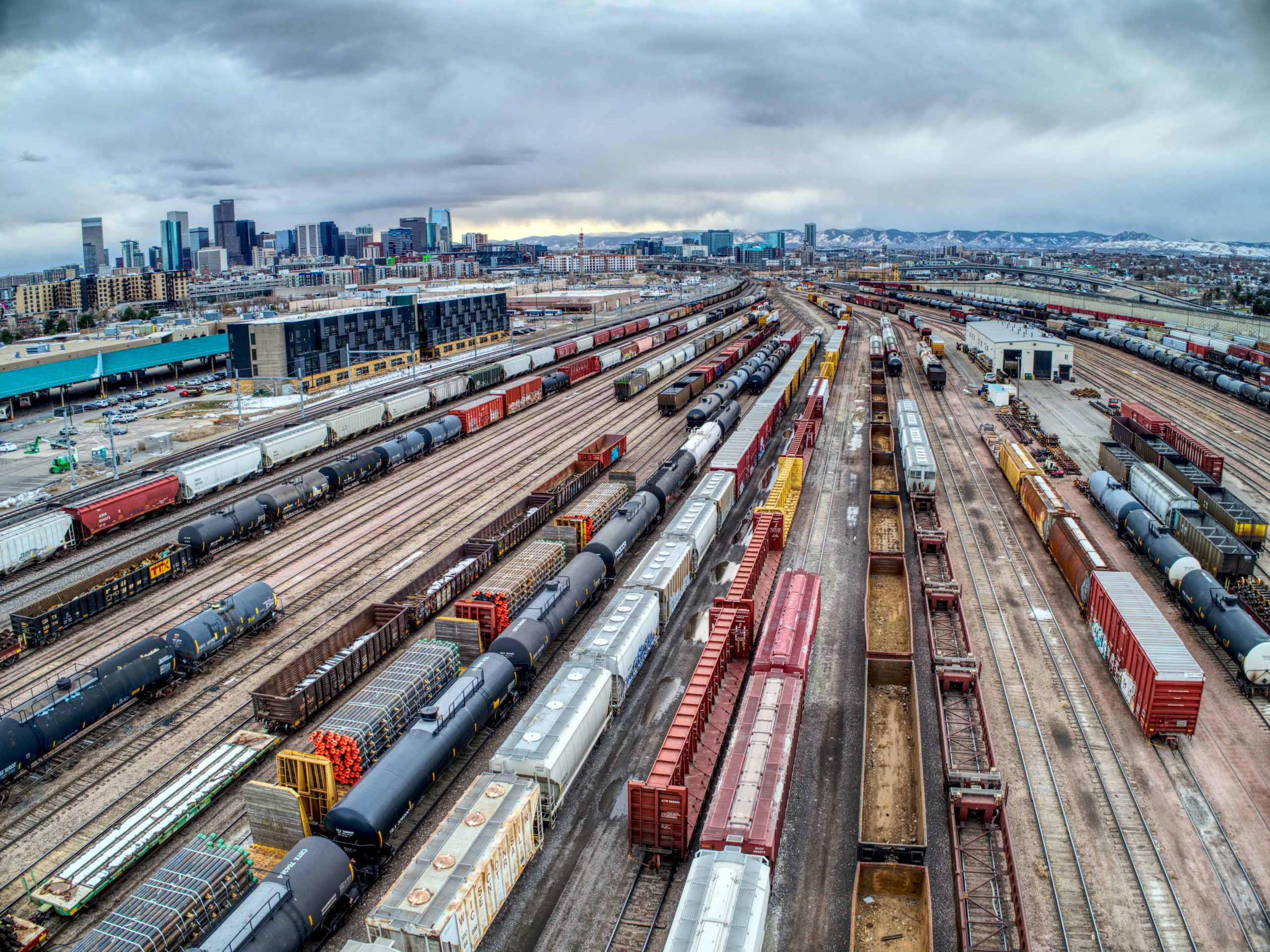On Friday, Oct. 28, ISRI joined hundreds of state, local, and federal trade associations in submitting a joint letter to President Joe Biden urging his administration to continue working with labor unions and railroads on the ratification process for a tentative agreement to prevent a nationwide rail strike.
Spearheaded by the National Retail Federation and signed by 322 groups, the letter was sent less than a day after the Brotherhood of Railroad Signalmen (BRS) voted not to ratify the National Tentative Agreement.
BRS is the second union to vote down the national tentative agreement that had been coordinated between the rail unions, freight rail companies, and the Biden administration on Sept. 15. The Brotherhood of Maintenance of Way Employees Division of the Teamsters (BMWED) rejected the agreement in early October.
The proposed five-year contract included wage increases and $5,000 in bonuses but the unions that rejected the deal expressed concern with some unaddressed issues including paid sick time and overall working conditions.
“If one union rejects the agreement then all parties need to return to the negotiation table,” says Billy Johnson, ISRI’s chief lobbyist. While six of the 12 rail unions that together represent 115,000 workers nationwide ratified the agreement, all unions need to approve contracts with the railroads to prevent a strike. The unions that rejected their deals did agree to return to negotiation at least through Nov. 19.
The letter ISRI signed onto notes the importance for the Biden administration to continue working with the parties to find an agreeable solution. A rail shutdown would have a significant impact on recyclers and the U.S. economy.
“Because the White House played such a central role in the process, we believe it can be helpful in continuing to move the process forward in a positive direction. Otherwise, Congress will be called upon to act,” the joint letter states. “We continue to urge that the contracts be ratified to provide stability and predictability to the system. Your involvement can only help make that happen and ensure there is no interruption to rail service.”
Johnson anticipates that in the next few weeks railroads may start notifying customers that they will not be able to make pickups. “If they do decide to go that route and say they will not take any more loads, they would effectively stop commerce in its tracks,” Johnsons says. “It may be an attempt to call the union’s bluff.”
ISRI is talking to the Surface Transportation Board (STB) about his issue and what kind of impact a strike would have, not only for recyclers but also the economy at large.
“The recycled materials industry supports a secure, sustainable supply chain,” Johnson says. “Recyclers provide a renewable source of sustainable materials for manufacturers. So, if the recycled materials industry slows down because the railroads slowdown, then that will hurt the entire manufacturing supply chain—not only within the U.S. but also around the world.”
Photo Courtesy of Acton Crawford on Unsplash.










